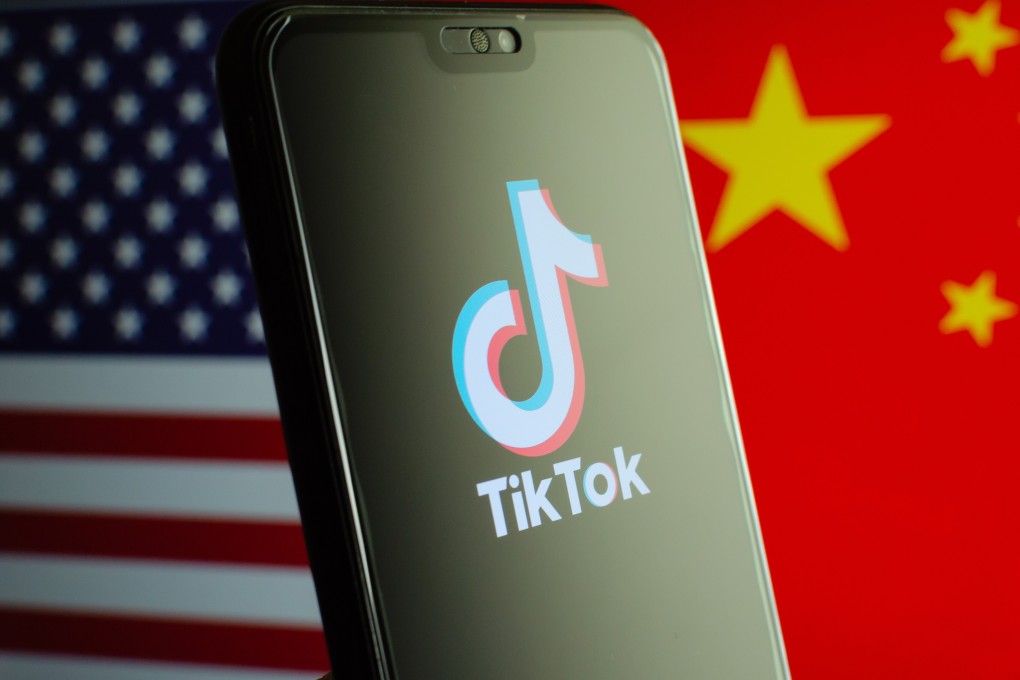Why there is no shame in TikTok selling up in the US
- Trump’s suggestion that the US government deserves some of the proceeds from a TikTok sale is outrageous but now would seem like a good time for TikTok to cash in, before it loses out to the next social media fad

US President Donald Trump is enthusiastic about telling us that he is the “best president” or the “best businessman” ever; “everybody says so”. However, for a Republican businessman president, Trump seems to have quite a lot to learn about capitalism.
The current row revolves around TikTok, the Chinese video-sharing social networking service owned by Beijing-based ByteDance. It is not my cup of tea, but that view is not shared by the 800 million users around the world who create short dance, lip-synch, comedy and “talent” videos.
It is especially popular with the teen and twenty-something audience. Some users with big followings become “influencers” and make a lot of money talking about what they believe to be their exciting lives and what products pay them most.

01:14
Trump gives Microsoft 45 days to buy TikTok from China’s Bytedance
